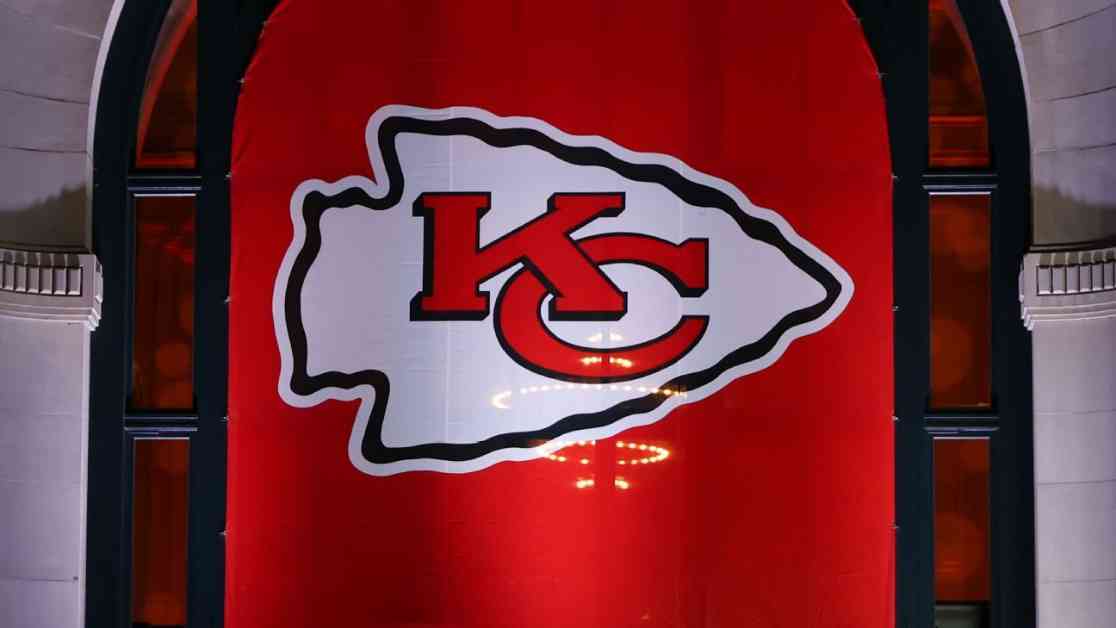Kansas legislators recently approved a plan with the hopes of enticing the Kansas City Chiefs away from Missouri by assisting in the financing of a new stadium for the reigning Super Bowl champions. The bipartisan bill, which was passed by the Republican-controlled Legislature and now awaits approval from Democratic Governor Laura Kelly, would allow Kansas to issue bonds to cover up to 70% of the costs for a new stadium for the Chiefs and another one for Major League Baseball’s Kansas City Royals. Additionally, the plan encourages the teams to relocate their practice facilities to the Kansas side of the metropolitan area that spans the two states’ border.
The bonds issued by Kansas would be repaid over a period of 30 years using revenues generated from sports betting, Kansas Lottery ticket sales, as well as new sales and alcohol taxes collected from shopping and entertainment districts surrounding the new stadium sites. Korb Maxwell, an attorney for the Chiefs, expressed optimism about the potential move, stating that the state’s lawmakers had embraced the idea and could now present a compelling offer to the NFL team.
The bill received overwhelming support in the Legislature, with votes of 84-38 in the House and 27-8 in the Senate. While Governor Kelly has not definitively stated whether she will sign the stadium-financing bill, she commended the efforts behind it, indicating that Kansas has the opportunity to become a professional sports powerhouse.
The motivation behind the move to lure the two teams from Missouri stems from a recent decision by voters on the Missouri side of the Kansas City metropolitan area to not extend a sales tax that had been used to maintain the existing stadiums for both teams. It was previously promised by top Republicans in the GOP-controlled Legislature that the stadium proposal would not be considered until a plan to reduce income and property taxes by a total of $1.23 billion over the next three years was approved.
The first version of the plan, which would have allowed state bonds to finance all stadium construction costs, was not voted on before the Legislature adjourned. The version that was ultimately passed capped the state’s contribution at 70% and required approval from legislative leaders and the governor.
Despite opposition from groups like Americans for Prosperity and the Kansas Policy Institute, who argue against state and local subsidies for specific businesses or projects, supporters of the stadium plan believe that the bonds will be repaid with tax revenues that would not have been generated otherwise. Economists who have studied pro sports teams have historically found that subsidizing stadiums is not economically beneficial, but proponents of the plan argue that it will bring in new revenue that would not exist without the stadiums and the development around them.
While Missouri officials have pledged to do what is necessary to retain the teams, the urgency to plan for renovations on the Chiefs’ Arrowhead Stadium and the lease expiration in 2031 have created a time-sensitive situation. Despite the differing opinions on the economic impact of the stadium plan, supporters believe that bringing major league teams to Kansas is a crucial step in establishing the state as a sports powerhouse.








